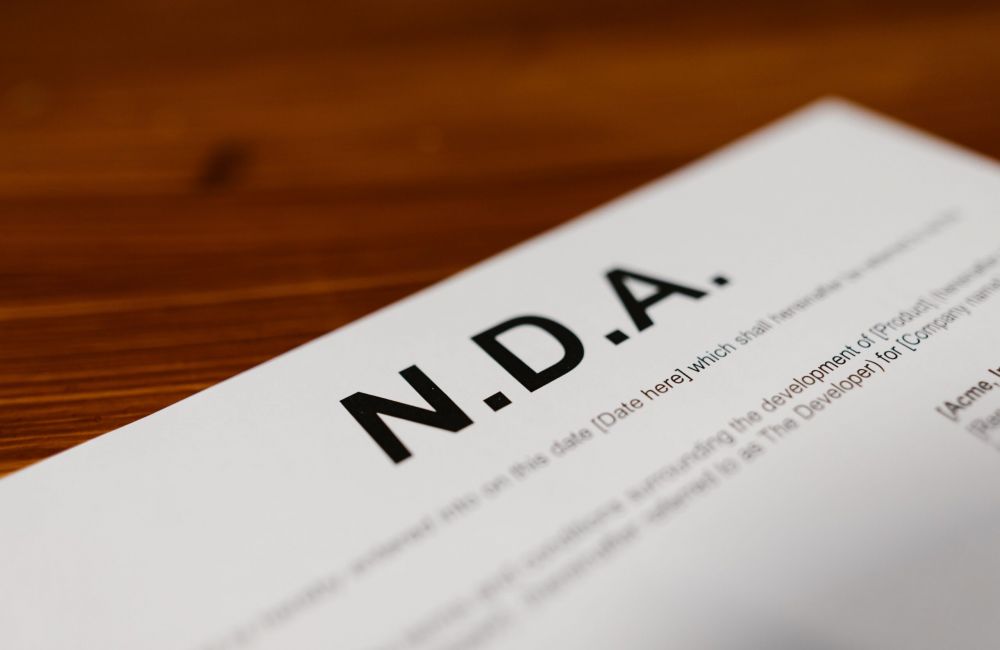On November 17, 2023, Governor Kathy Hochul signed NY State Senate Bill S4516 into law that greatly affects settlement agreements between employers and employees who choose to settle claims of discrimination, harassment, and retaliation.
The law took effect immediately and applies to all agreements entered on or after November 17, so employers should be quick to address any policy or practice changes as soon as possible.
What’s There to Say about NDAs?
The new law amends New York’s General Obligations Law § 5-336. Employers and employees entering into settlement agreements to resolve claims of discrimination, harassment, or retaliation no longer can agree to liquidated damages or forfeiture of the settlement payments if the employee breaches a non-disclosure or non-disparagement clause contained in the agreement. General Obligations Law § 5-336 now prohibits:
- Any requirement for a claimant to pay liquidated damages for violating a nondisclosure cause or nondisparagement clause.
- Any requirement that the claimant forfeit all or part of the money damages paid as part of the agreement if she violates a nondisclosure or nondisparagement clause.
- Requiring the claimant to state that she was not in fact subject to unlawful discrimination, including discriminatory harassment or retaliation.
Change to the 21-Day Thinking Period
The law now affirmatively recognizes that although a claimant must be given 21 days to think about signing a settlement agreement, they are permitted to sign the agreement before the 21-day period is up.
This amendment eliminated the previous requirement that a claimant be provided a firm 21-day period to consider any confidentiality provisions in a settlement or resolution of a discrimination claim. Now, the law clarifies that claimants must be provided up to 21 days to consider such terms, allowing them to enter into the agreement sooner than the end of the 21-day period if they so choose.
The Seven-Day Revocation Period Remains
Claimants still must be provided with a seven-day period of time to change their mind after signing their settlement or severance agreement. That means the agreement isn’t operative – it isn’t alive – until after the seven days elapse.
Confidentiality Preference
For many years, the law has made confidentiality an option for the sexual harassment claimant only – although sophisticated drafters with willing claimants are able to draft around this – and now the amendment clarifies that this approach applies to all discrimination and all retaliation as well.
Protections For Independent Contractors
The law previously said that an agreement between an employer and employee (or potential employee) to keep future claims of discrimination confidential is unenforceable unless the agreement also notifies the employee (or potential employee) of their right to speak with law enforcement, administrative agencies (like the EEOC or NYS Division of Human Rights) or an attorney retained by the individual. Id.
The new law expands this protection to independent contractors as well. An employer’s failure to abide by this law may cause a court to conclude the provision isn’t enforceable. As a result, then, you should review your standard nondisclosure provisions and severance agreements to ensure this doesn’t happen to you.
Consulting with legal counsel is highly recommended to ensure full compliance with the changes and for assistance handling any future claims. If you have any questions about these new provisions of the General Obligations Law, reach out to us at 716.839.9700 or email us at info@coppolalegal.com.

